
Julie Green
Julie Green is an occupational therapist with 22 years of experience in a wide variety of settings. Julie joined Tactile Medical in 2014 and currently serves as Clinical Services Manager. This leadership role involves collaboration with researchers, physicians, clinicians, industry professionals and patients. Her team is dedicated to expanding awareness and understanding of lymphedema, vascular and wound care through clinical education.
More Posts From This Author
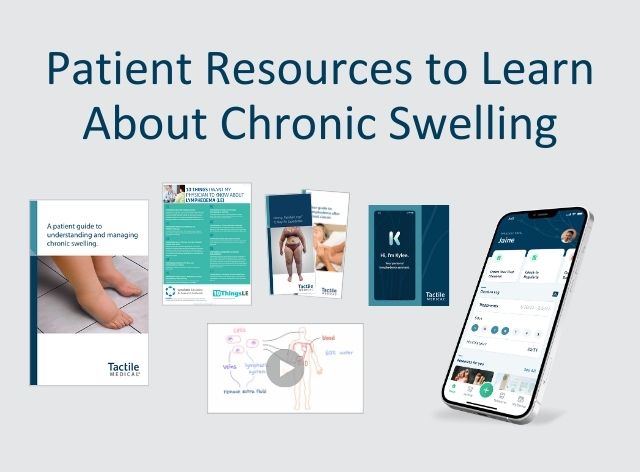
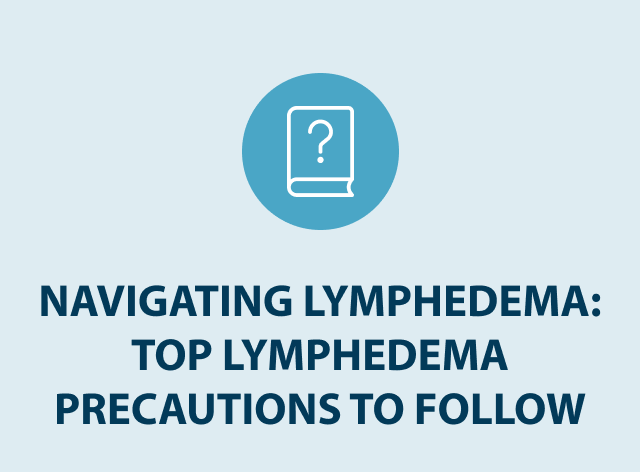
Essential Lymphedema Precautions: Managing Symptoms Effectively
Read More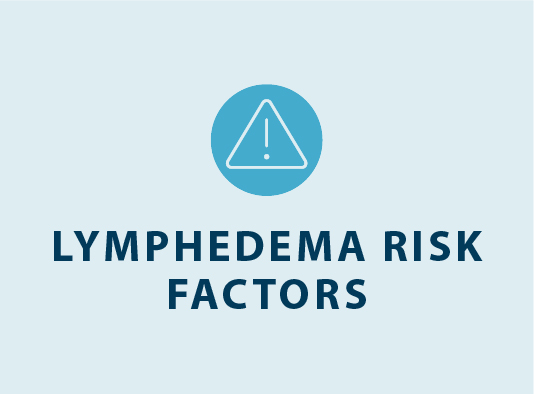
Lymphedema Risk Factors: Who’s at Risk for Lymphedema
Lymphedema is swelling caused by lymphatic dysfunction that leads to a backup in the lymphatic system, resulting in chronic swelling. Preventing and managing the swelling caused by lymphedema starts with understanding the causes and risk factors.
Read More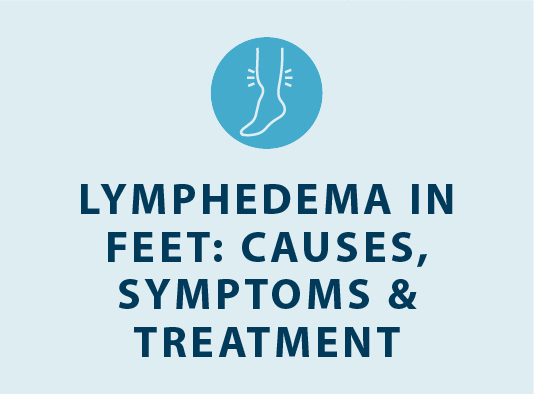
Lymphedema in Feet: Causes, Symptoms & Treatment
Lymphedema is most common in your arms and legs, but that doesn’t mean it can’t affect other parts of your body. Lymphedema in feet can have significant impacts on your daily life, making it difficult to walk and perform other simple tasks.
Read More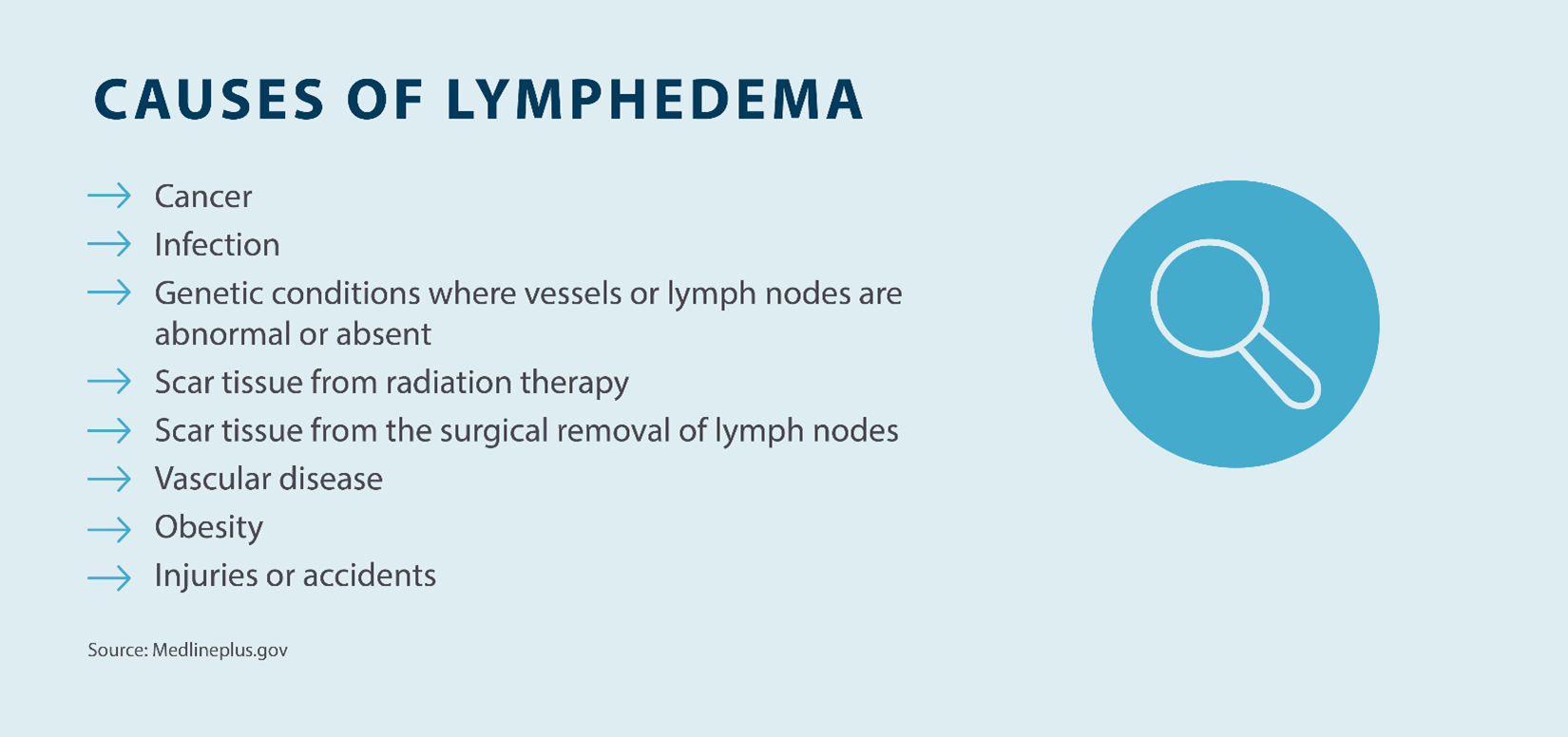
What Causes Lymphedema
Lymphedema is a condition that occurs when fluid builds up in a part of your body, causing pain, swelling, and discomfort in the affected area. Lymphedema causes vary but typically occur when there’s a disruption to the lymphatic system.
Read More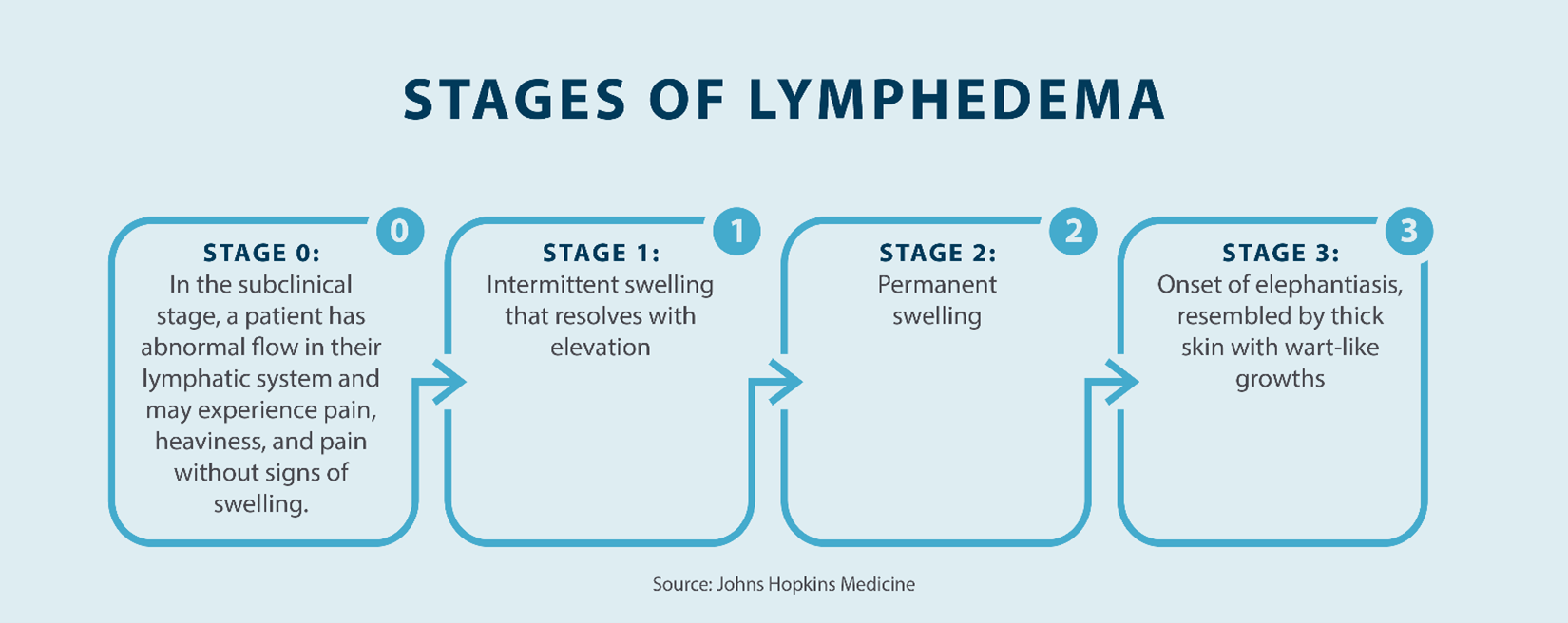
What is Lymphedema?
The lymphatic system is a large network of lymph nodes, vessels, and organs that move lymph fluid throughout the body tissues back to the circulatory system. This network is part of your body’s immune system, and it helps filter and rid the body of toxins and waste. Lymph fluid is made up of fat, water, protein, cellular debris, and lymphocytes that are white blood cells, which help fight bacteria in the blood, and a fluid called chyle, which is found in the intestines.
Read More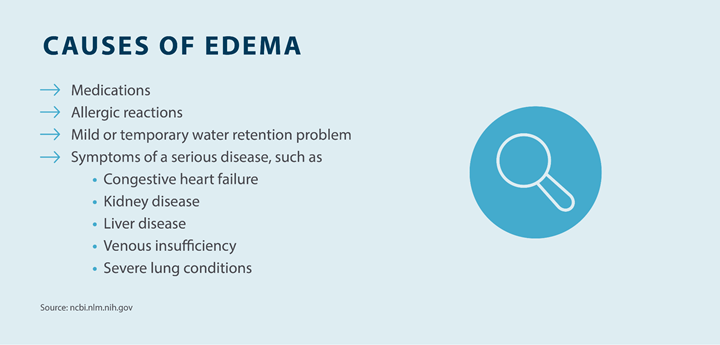
Edema Guide: What Is Edema?
If you’ve ever experienced swelling in your body, whether it be your ankle, leg, or arm, you may have edema. Edema is the medical term for swelling, and it can be caused by a number of factors, such as a disease, medication, or allergy.
Read More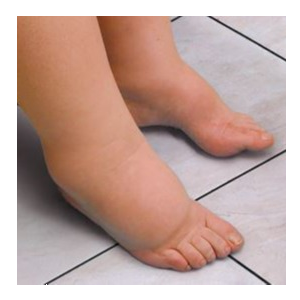
How to Talk to Your Doctor About Swelling
Your doctor might be your strongest ally in finding appropriate treatment for your swelling. Consider making an appointment specifically to discuss your swelling rather than as part of another visit so that you have enough time to get the help you need.
Read More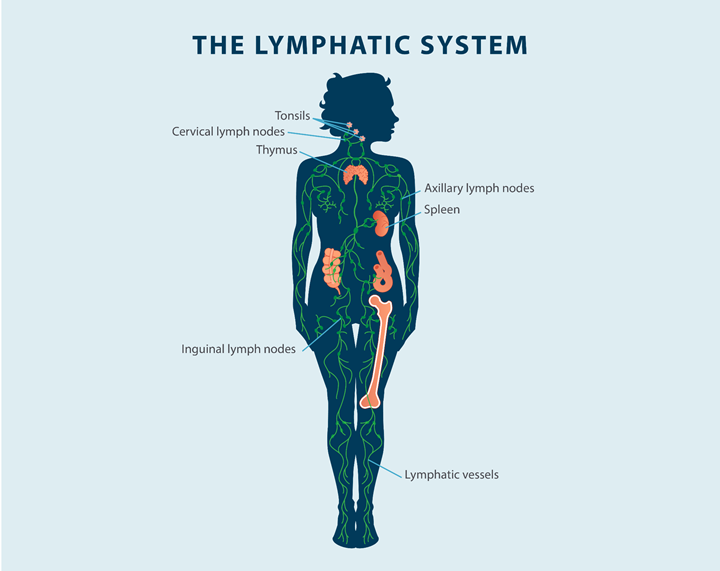
Lymphedema Guide: What Is Lymphedema?
Lymphedema is a progressive disease where an abnormal amount of fluid accumulates in a localized region of the body. The lymphatic system is often referred to as the main filter for waste products in the body such as toxins, fat, and cancer cells. When the lymphatic system becomes damaged or congested due to lymph node removal or damage to lymph vessels, it can no longer successfully perform its job of filtering toxins and waste from a specific part of the body and this results in swelling, known as lymphedema.
Read More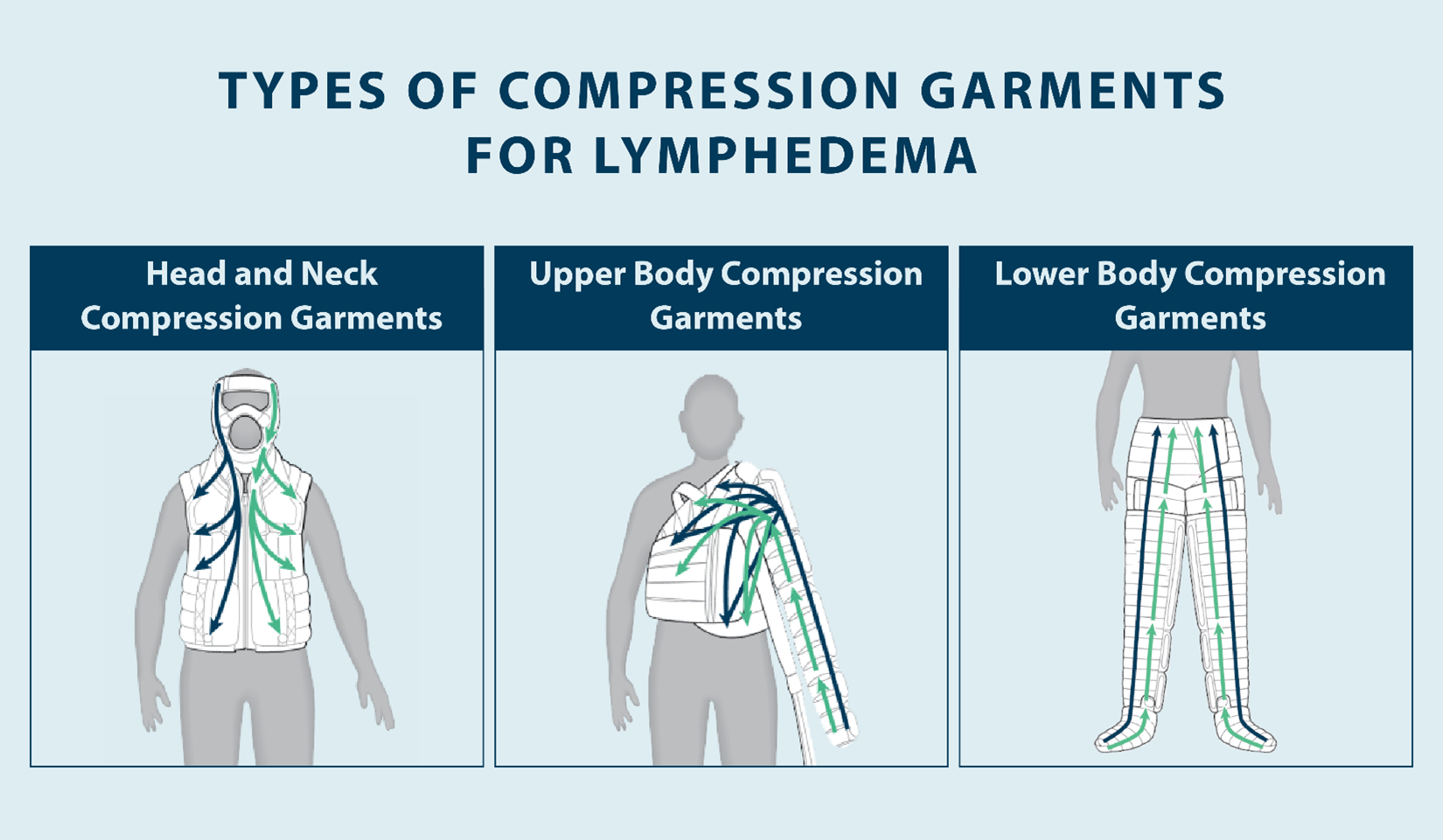
Should I Use Compression Garments for Lymphedema?
When it comes to treating lymphedema, getting relief from your symptoms and preventing progression or worsening of this condition is the best thing you can do. Compression garments are a standard treatment option if you’re looking for a simple way to reduce swelling and some of the symptoms that come with it. While this can be an effective treatment method, it’s best to talk to your doctor before trying compression garments for lymphedema. There’s not one-size-fits-all solution.
Read More
Helpful Treatments for Swelling
Many treatments have a positive effect on swelling and even simple lifestyle changes can make a big difference in your quality of life. Your doctor can also suggest treatments that may require a prescription, and help you find the right balance of therapies to relieve your symptoms.
Read More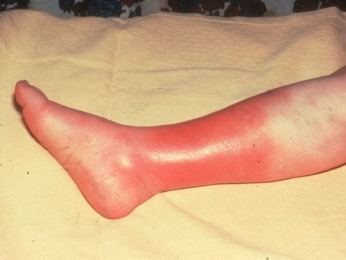
Signs Your Swelling Might be Caused by an Underlying Condition
When it comes to symptoms like swelling, diagnosis of an underlying condition can be a process. This is particularly true for primary care physicians who treat a wide range of issues, which means it may take more than just one short appointment to pinpoint the cause of swelling.
Read More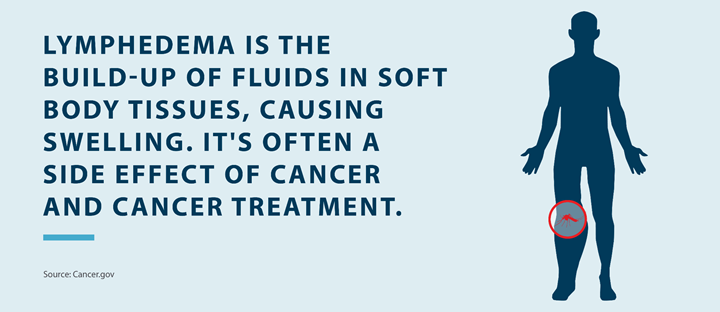
Can Cancer Cause Lymphedema?
Lymphedema is a condition that can occur when a part of the lymph system, such as a vessel or node, is blocked. This blockage then causes a build-up of fluid that can lead to pain and swelling, typically in a limb. Lymphedema is fairly common in cancer patients and can be a result of cancer treatment. Keep reading to learn more about lymphedema and cancer, whether cancer can cause lymphedema, and how to prevent this medical condition.
Read More
How to Manage Chronic Swelling
Clinical experts recommend a multi-pronged approach to managing chronic swelling. Working with your doctor and the rest of your care team, you can find the right combination of lifestyle changes, in-office treatments, and at-home therapies to help you take control of your condition.
Read More
What you Need to Know About Lymphedema
Your lymphatic system is part of your body’s immune system. Its network of tissues, vessels, and organs carries lymph fluid, nutrients, and waste materials between your body tissues and bloodstream to maintain a normal, healthy fluid balance.
Read More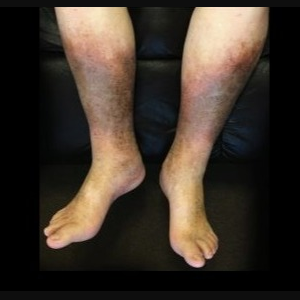
What You Need to Know About Chronic Venous Disease
Your veins keep blood circulating throughout your body. Normally, blood flow to your limbs is controlled by one-way valves that help propel your blood back to your heart. Sometimes these valves stop functioning, allowing blood to pool in the legs, which can progress to a condition called chronic venous insufficiency (CVI). If not treated, CVI often causes lymphedema, which leads to swelling and skin changes.
Read More
Swelling After Breast Cancer Treatments
Your lymphatic system is part of your immune system. During cancer treatments such as surgery, radiation, and taxane-based chemotherapy, your lymph nodes, vessels, and capillaries may be removed or damaged.
Read More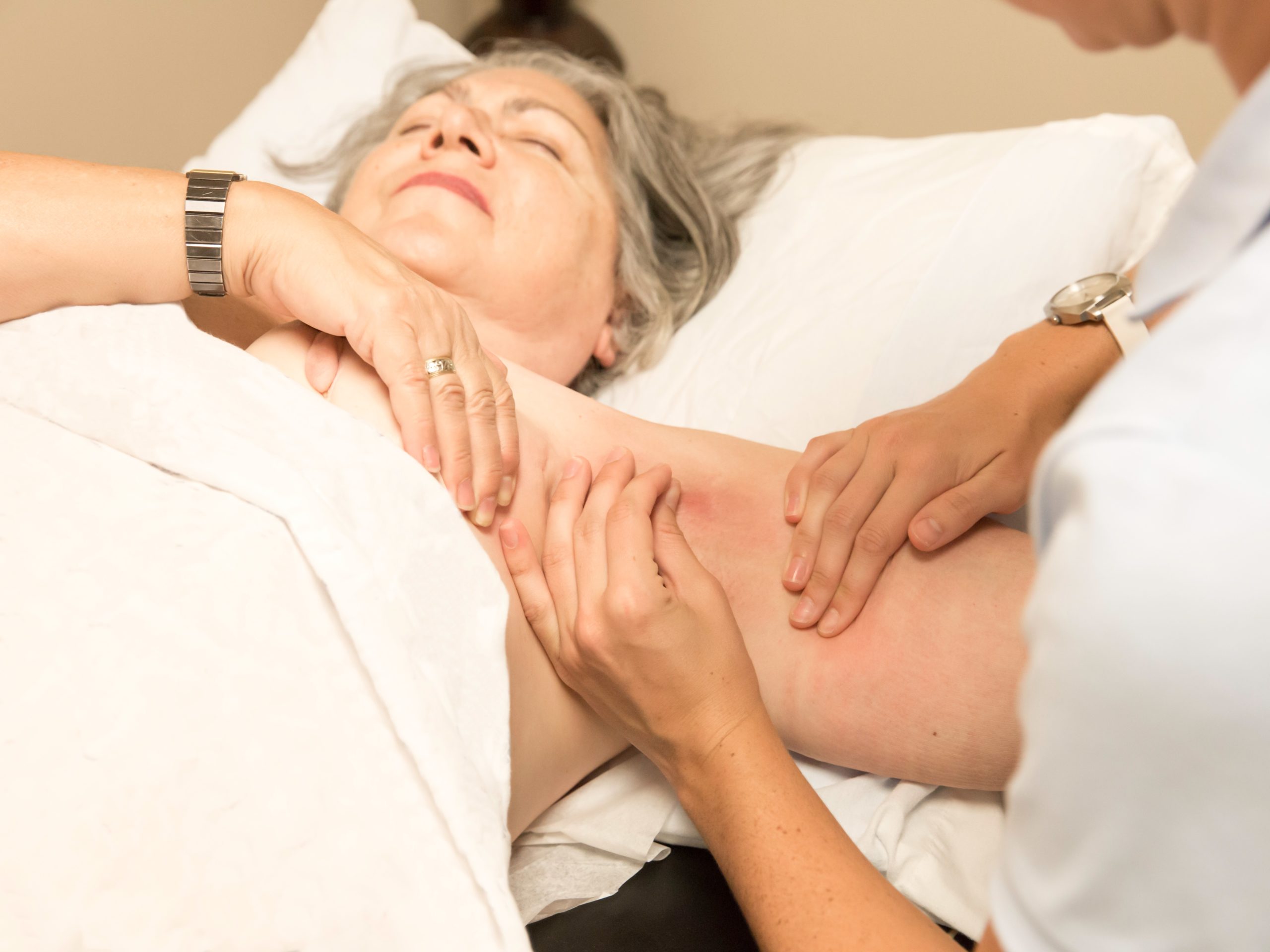
Types of Specialists you Might See for Swelling
While seeing your primary care physician about your swelling is a good first step, at a certain point some people need to see a specialist for a diagnosis or coordinated care. Depending on your condition, the type of specialist you see will vary.
Read More
Swelling After Head and Neck Cancer Treatments
Your lymphatic system is part of your immune system. More than one-third of your lymph nodes are located in your head and neck. During cancer treatment, lymph nodes, vessels, and capillaries may be removed or damaged.
Read More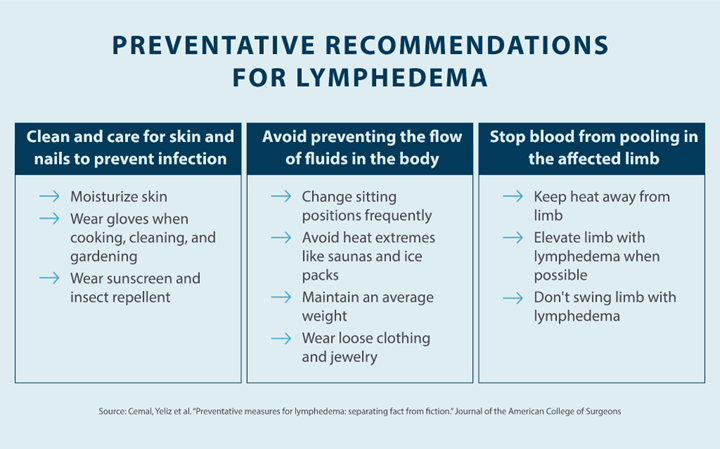
How to Prevent Lymphedema
While there’s currently no way to prevent lymphedema, there are ways to manage the symptoms of this condition. It’s best to talk to your doctor before you make any serious changes. Your doctor can diagnose your lymphedema and help you come up with a treatment plan that works for you and your medical history. Keep reading to learn more about managing lymphedema and lymphedema prevention.
Read More
10 Things I Want My Physician To Know About Lymphedema
What are the ten things you want your physician to know about lymphedema? Here are the top ten.
Read More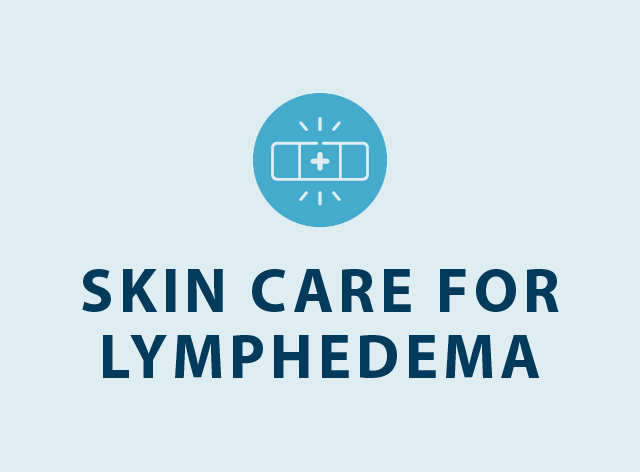
Skin Care for Lymphedema
Lymphedema can lead to numerous complications, especially if you’re not staying on top of your treatment and management plan. From lymphedema skin care to compression garments and manual lymphatic drainage, there are several steps you can take to prevent complications and relieve symptoms of lymphedema.
Read More
Yoga Poses for Lymphatic Drainage
When your lymphatic system isn’t functioning properly, fluid can build up in your body tissue and lead to swelling. Lymphedema is a medical condition characterized by swelling that can make life more difficult due to pain, decreased mobility, and other symptoms. Fortunately, there are several ways you can manage your lymphedema symptoms at home, such as yoga.
Read More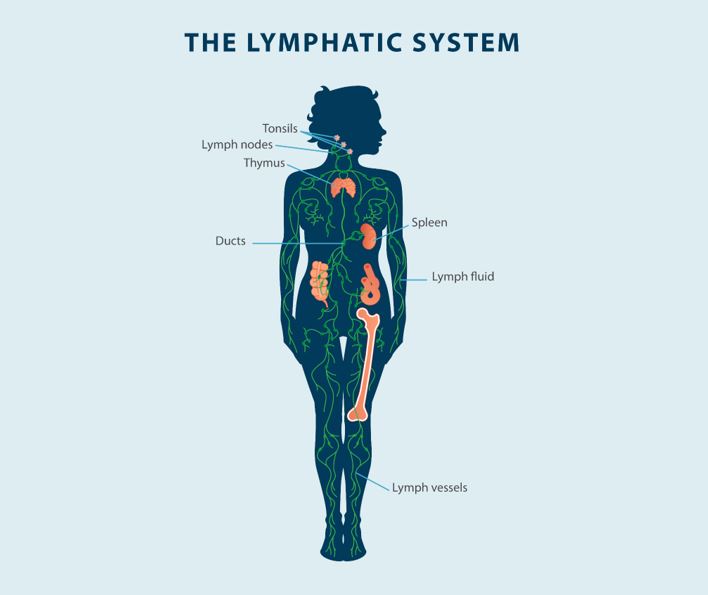
What is a Lymphatic Disorder?
A lymphatic disorder describes a disease that affects the body’s lymphatic system. Lymphatic disorders can range from mild to severe, depending on the cause and extent of the disease. Yet even in mild cases, problems with the body’s lymphatic system can have a significant impact on a patient’s quality of life and their day-to-day routine.
Read More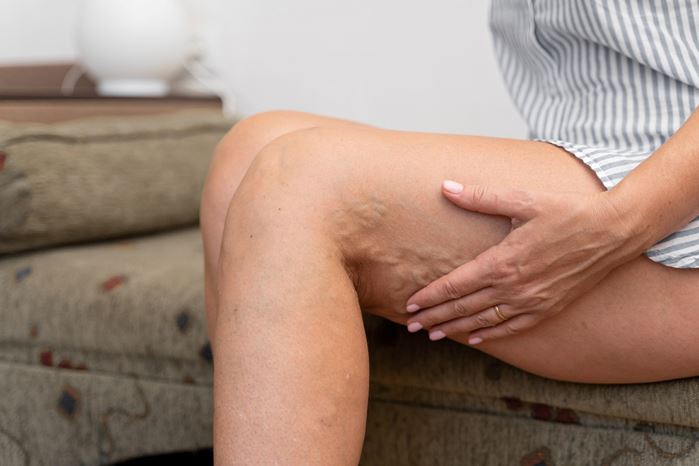
Varicose Veins & Lymphedema: How Are They Connected?
Varicose veins and lymphedema are similar in more ways than one. Learn more about these conditions and how they are connected.
Read More
What Should You Not Do With Lymphedema?
Lymphedema can result in several complications. So what should you not do with lymphedema? Find activities to avoid with lymphedema here.
Read More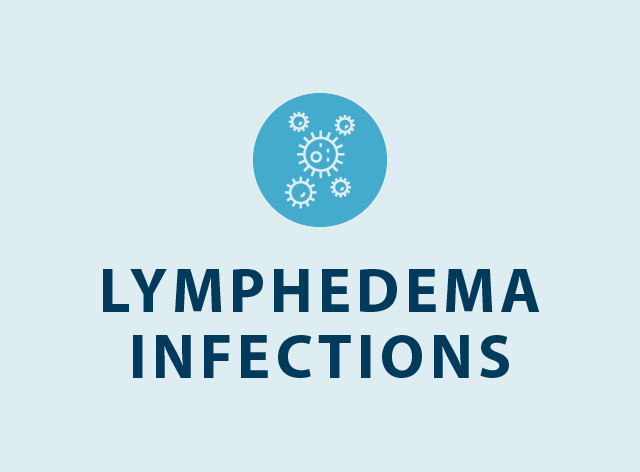
Lymphedema Infections
Living with lymphedema can make you more prone to infection. Learn more about lymphedema infections, how they’re caused, treatments, and more in this guide.
Read More
Is Lymphedema Genetic
Hereditary lymphedema is a type of lymphedema that’s genetic. Learn more about genetic lymphedema in this guide.
Read More
Facial Lymphedema
Facial lymphedema can cause difficulty breathing, swelling in the face, and other symptoms. Learn more about lymphedema in the face here.
Read More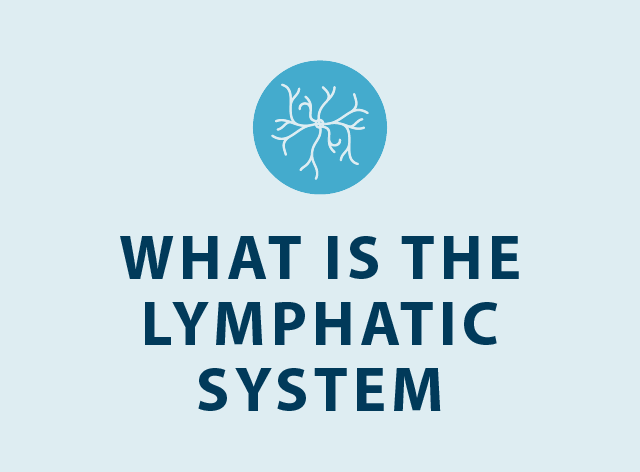
What Is the Lymphatic System
The lymphatic system helps our body fight diseases and infections. Find out more about the lymphatic system and its functions in this guide.
Read More